You must be wondering what on earth an enzyme must be! An enzyme is a special type of protein. This leads us to another question: What is a protein? A protein is a large molecule that is made from amino acids (molecules that are made up of smaller organic molecules such as oxygen, nitrogen, carbon
You must be wondering what on earth an enzyme must be! An enzyme is a special type of protein. This leads us to another question: What is a protein? A protein is a large molecule that is made from amino acids (molecules that are made up of smaller organic molecules such as oxygen, nitrogen, carbon and hydrogen). Proteins are the building blocks of life and we need it for lots of processes to take place in our bodies. We also need it to form new tissue such as hair, skin and nails.
Now let’s get back to the first question, what is an enzyme? An enzyme can be defined as a special type of protein that helps to speed up certain chemical reactions in your body. The enzyme function of speeding up chemical processes is called catalysis. Enzymatic activities also help with important metabolic processes. Metabolic processes are the breaking down and building up processes of molecules in your body.
Different types of enzymes:
You get different types of enzymes when amino acids are arranged in a specific order. Every enzyme is unique and it is made to react only with the molecular substrate (material or substance) that it was made for.
How enzymes work and what they look like:
Enzymes have special binding sites for a substrate or molecule to bind to. The binding site of an enzyme and the substrate is almost the same as a keyhole and a key. The binding site is where a substrate connects with the enzyme. Just like a keyhole has a special shape for a key to fit, the enzyme has a special shape for a molecule or substrate (key) to fit into. When the substrate binds to the enzyme, a reaction takes place. The substrate that was bound to the enzyme changes and the “new” molecule (changed substrate) is released. These new molecules are used for different important processes in your body, so what would we do without enzymes?
I have already told you that enzymes are made from lots of amino acids. These amino acids are all placed one behind the other into a long string. This string is twisted and folded lots of times so that it almost looks like a ribbon that has been bundled together into a ball.
Functions of enzymes:
Let’s look at a few examples of enzymes in your body. Some of the enzymes in your body are metabolic enzymes. These enzymes help to detox your cells (remove waste products from your cells). You also have a lot of digestive enzymes. These enzymes help your body to break down food particles, so that your body can use the small molecules for important functions in your body. For example, lactase is an enzyme that helps to break down lactose in dairy products. When you do not have all the important digestive enzymes, your body cannot absorb all the important molecules from your food and you may become nutrient deficient, even though you eat enough of all the healthy food. Hydrolase is another enzyme that helps to speed up the process of hydrolysis (breaking down a compound when water is present).
List of enzymes:
Let’s look at some enzymes!
Protease– Breaks down proteins found in protein containing food such as fish, meat and eggs.
Invertase– Breaks down normal table sugar.
Lipase– Breaks down fats found in oil, nuts, and most dairy products.
Cellulase– Breaks down cellulose (fibre found in plants).
Pectinase– Breaks down the pectin (a molecule that helps jelly get all nice and squishy like jell) in fruit like apples.
Amylase– Breaks down carbohydrates (starches).
Benefits of enzymes:
As you can see, enzymes are part of every function in your body. Our bodies just cannot function normally without enzymes and our bodies cannot make all the enzymes we need on its own. We need to help our bodies to get enough enzymes, and how can we do this? By eating lots of fresh fruit and vegetables. Fresh fruit and vegetables contain lots of important enzymes that can help our bodies with its normal processes. When we cook our vegetables, we destroy most of all these nice enzymes. So, let’s start eating fresh uncooked vegetables and fruit!
Can you see the importance of enzymes? Tell me what fruit and vegetables do you like the most?





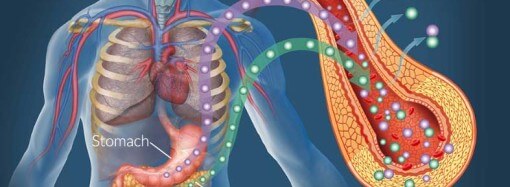


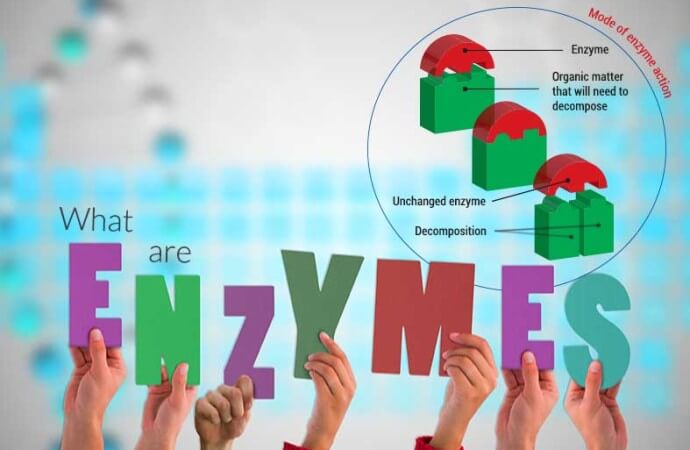
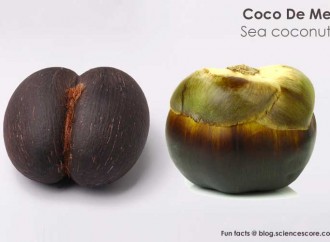

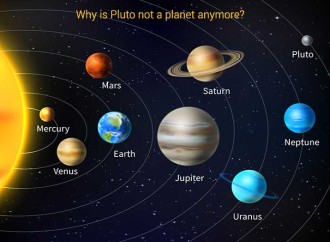






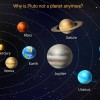









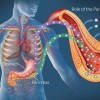



















Leave a Reply